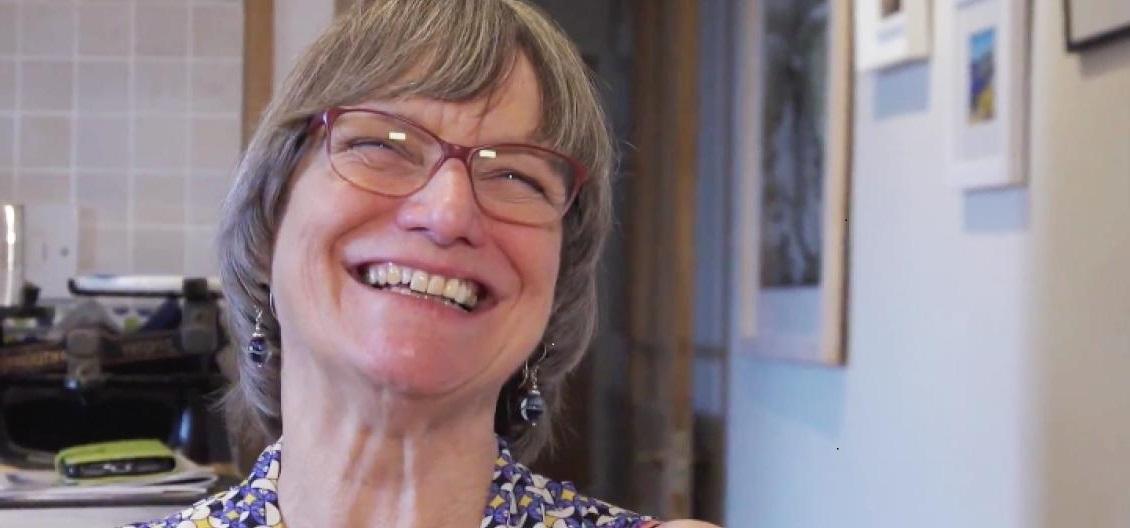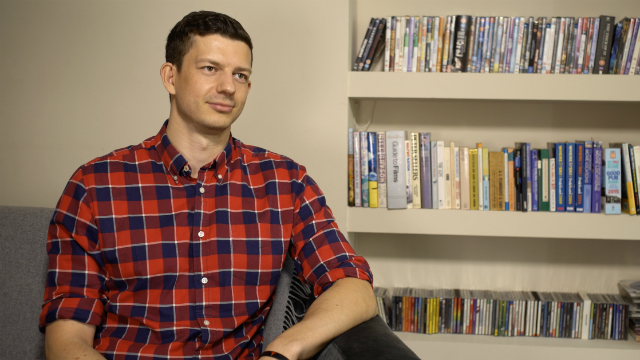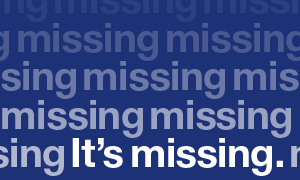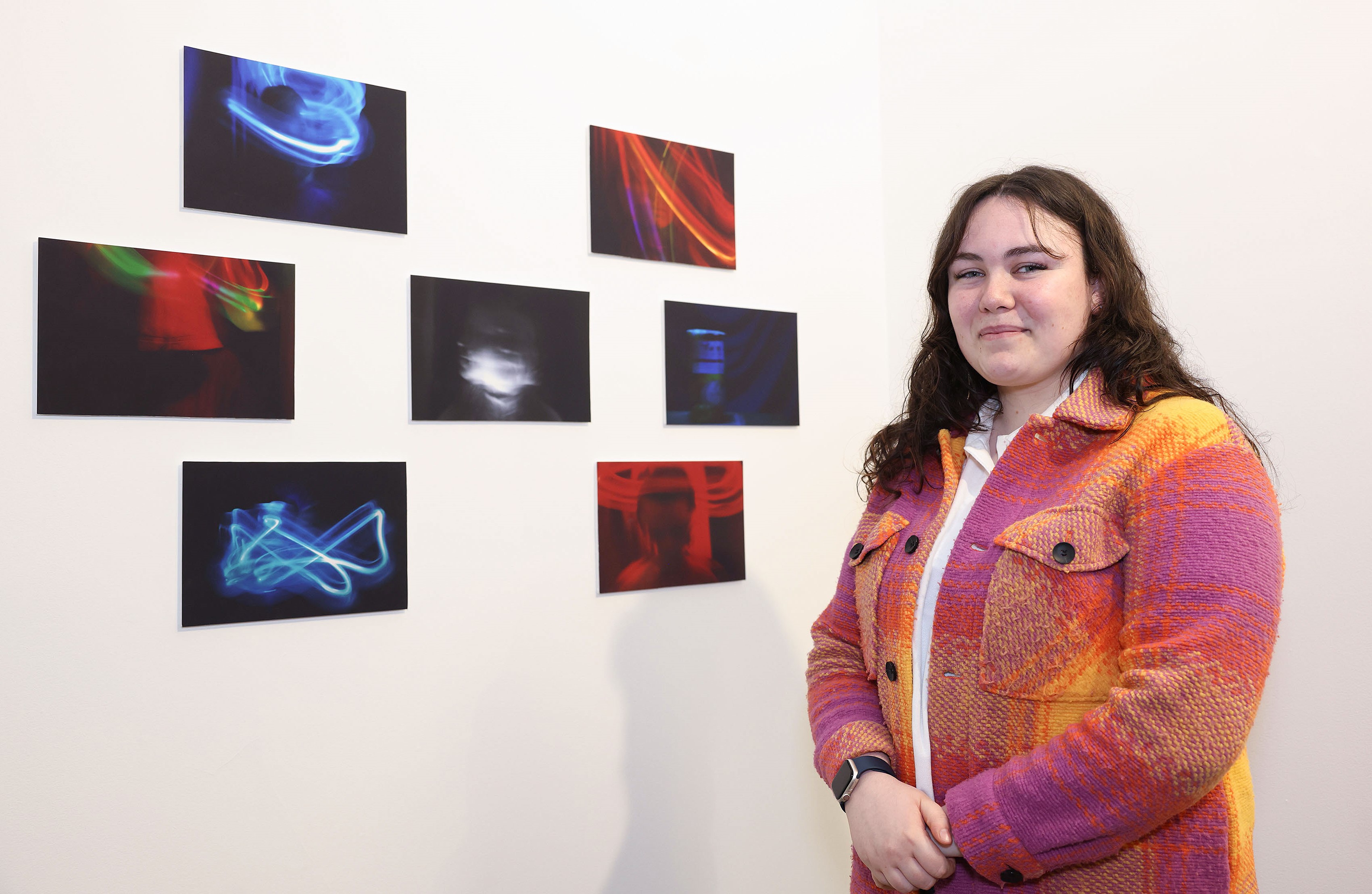
Sue Briggs
Diagnosed with diabetes age 53.
I get a lot out of Diabetes UK, so I'm quite happy to put a lot into it.
Sue was diagnosed with type 1 diabetes 10 years ago. Initially, doctors thought she’d had a heart attack but when they eventually checked her blood sugars, they realised it was type 1 diabetes. When I was diagnosed, I knew absolutely nothing. I thought there was one type of diabetes that sent your sugars high and one that sent your sugars low.




